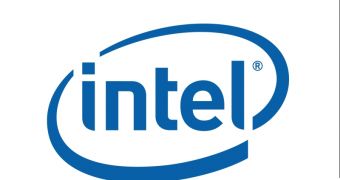When I think of how many similar technologies developed by AMD got taken into sights, modified and then marketed under another name by Intel, I remember of what Apple said to Microsoft, "Redmond, start your photocopiers". In neither of these cases, was it expected that the people in question would actually duplicate the work of others, but as Vista has proven to be a very attractive "copy" Mac OS X, although the coding behind it differs, so have been many attempts of Intel against AMD.
Some time ago, AMD outsourced its HyperTransport technology so that other companies could get a chance to develop applications for it, recently Intel followed suit, by making their FSB available for development. Now things got even more complicated, as Intel wants to expand what AMD started off with Torrenza, their initiative which included using HT and PCI-Express architectures to give the necessary bandwidth for the introduction of specialized co-processors, called accelerators, in order to improve different applications by giving them the necessary processing power, while the computer's own CPU performs other tasks at the same time.
Intel's response is Geneseo, a term which Intel has mentioned in the past, but now they have made progress with this and are also in the need of co-processors, or shall I call them accelerators? Among the latest chipsets for the upcoming Penryn processors are also included the specs for PCIe 2.0, which would theoretically double the bandwidth of existing PCI-Express specifications. Geneseo involves having some modifications done to the PCIe 2.0 specs, allowing Intel's standard version to handle smaller packets better, thus increasing throughput. Enhanced power management specs will also help when it will be necessary to rig up a 1-2KW power supply for four graphics cards, other system components not included. This will take the "war" between Intel and AMD to a point where you will not know what to ask for when it comes to a new processor, instead of saying "this processor has a higher frequency, larger caches, lower TDP", a question which is soon to be put down because they will have very similar offerings, you will ask yourself another question "to be or not to be, Intel or AMD?"

 14 DAY TRIAL //
14 DAY TRIAL //